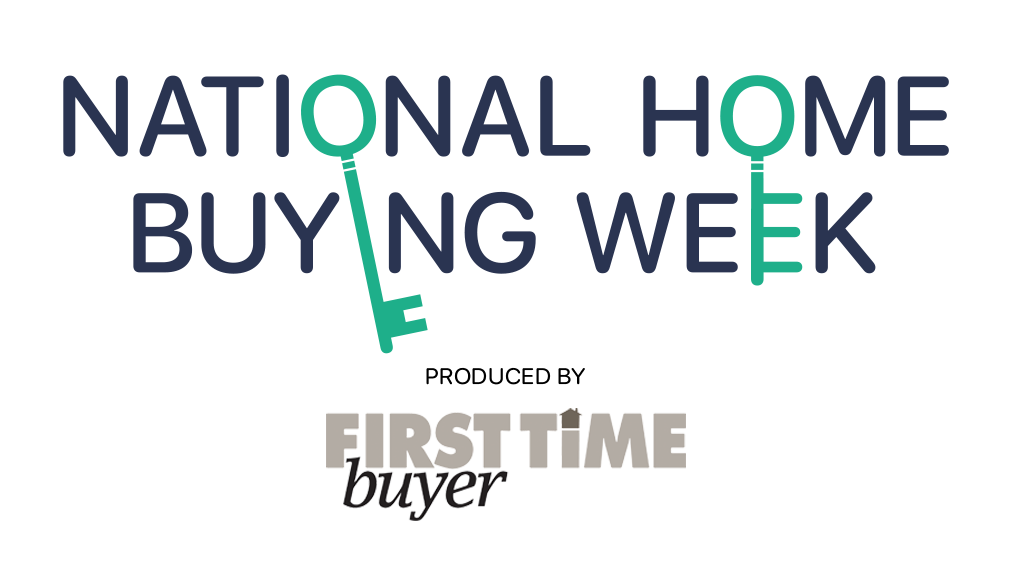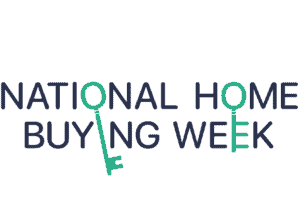Your FAQs
Shared ownership
Most shared ownership homes are new apartments, with some houses. You can also buy second-hand homes (“resales”), but you need to buy the same percentage (or more) than the existing shared owner who is selling.
Contact the Help to Buy agent for the area in which you want to buy (see helptobuy.gov.uk). You will need to open an account and supply your financial details. An agent will assess whether you are eligible, then once you are approved you can look for your perfect home.
You can buy additional shares of the leasehold, based on the current value of the home (“staircasing”).
Under revised Government rules, new shared owners will be able to buy an extra 1% each year, for up to 15 years, without needing to pay for a valuation, as the purchase price will be based on an estimate.
You can buy larger chunks, but this will incur surveyors and other fees. As you buy further shares your mortgage payments will increase but your rental payments will decrease.
Once you own 100% of the lease you will no longer pay any rent, just your mortgage, service charges and any ground rent.
You must be intending to live in the property – you can’t rent it out, although you can usually take a lodger with permission.
You can decorate your home as you wish, but any further alterations are subject to the restrictions of your lease and you will need written permission from the housing association.
You will need to pay for a valuation, and the housing provider has the first opportunity to resell the property to another shared ownership buyer. If the housing provider doesn’t find you a buyer you can use a normal estate agent.
Help to Buy
Three housing associations - Plus Dane Housing, BPHA and Radian – are the agents in the North, Midlands and London, and the South respectively. You will need to register with your Help to Buy agent and have your eligibility assessed before you can proceed with buying a home.
There is extra paperwork involved in buying using Help to Buy: Equity Loan, so make sure you chose a solicitor who is experienced in this area.
No, you must live in the home yourself and permission is only given to rent it out later in exceptional circumstances.
You can decorate, but you cannot make structural changes unless it is for a person with a disability, for which you must seek permission.
You can remortgage to get a better rate while you have a Help to Buy: Equity Loan, although you will have to get permission and pay a fee. Most people wait until the end of the five-year interest-free period before remortgaging, and then try to take a larger loan to pay back some or all of the Equity Loan.
You can’t take your Help to Buy: Equity Loan with you, so you will have to repay it if you sell your home. The amount you pay back will be the same percentage as you initially borrowed, so if property values have dropped and the home is worth less than when you bought it, you will pay back less than the cash value you were loaned, but if it is worth more, then you will repay more.
After five years, annually increasing interest is charged on the loan. In year six you pay 1.75%, rising each year by the increase in the Consumer Price Index (CPI) plus 2%. This might mean you pay 1.83% in year 7, 1.91% in year 8 and so on. You can pay off the loan all at once or in 10% chunks at any time, but you will have to pay for a valuation.
Legal
Conveyancing refers to the legal process of buying a home, sometimes a conveyancer will be known as a solicitor, but they do the same job.
No. Most conveyancing takes place via phone calls and emails, and there is no need for you to choose someone based on location
Fees for conveyancing vary, and you shouldn't always go for the cheapest. If you're buying a home through a government scheme make sure your conveyancer is well versed in the process. We recommend you budget £700 - £1500
The average time between instructing your solicitor and moving in is 10-12 weeks but many transactions proceed quicker, but some can move slower
When buying a home you ideally want to contact a conveyancer before you make an offer
Exchange refers to the exchange of contracts where you and the seller commit to the property and you would pay your deposit. If you withdraw after this point you could lose your deposit and be liable for other costs.
Completion refers to the date you get the keys and move into the new property
You don't have to have a survey, but it can avoid costly problem down the line. Most conveyancers would recommend having one done and will have contacts for good local surveyors
Financial
A bank or lender provides money with interest. This loan is secured against the value of a property. The details of the loan are registered in the title of the property
Mortgage brokers are specialist mortgage providers who look at mortgages on behalf of a client to get the best deal. Fees and rates vary broker to broker
LTV is an acronym for Loan to Value Ratio. This is a term used to describe the ratio of a loan to the value of the property purchased. For eg if you borrow £170,000 to purchase a property valued at £200,000 the LTV is 170,000/200,000 or 85%, the remaining 15% is your equity.
Every lender will be different in their approach to what you can borrow and unfortunately there is no set calculation. The actual amount you’re eligible to borrow will be determined by the cost of the property you wish to purchase, the size of deposit you have, your income and affordability (taking into account your monthly financial commitments and any future commitments).
f you are employed, you will need to provide at least your last 3 months payslips as a guide and sometimes your P60.
If you are self employed, the easiest way to prove your income is via SA302s which can be obtained from HMRC. Alternatively at least 2 years' trading accounts may also be acceptable to lenders. Some lenders may have other requirements.
You will also be required to provide your bank statements for the last 3 months.
If you have any other form of income, eg tax credits, then written evidence from the provider will be required.
You will need a minimum of a 5% deposit. However, the greater the deposit you have, the better your interest rates will be.
For example, if you put in 15% deposit this will get you a better interest rate than a 10% deposit.
Yes, however, you could have early repayment charges to pay if you have only had your mortgage product for a short amount of time. Make sure you consider these costs before you take out a mortgage
Credit
A credit score is a number that summarizes the historical credit information on a credit report. The number reflects the likelihood that you will become delinquent on a loan or a credit obligation in the future. Remember each of the three main credit agencies scores things differently, so you won't have just one credit score
Credit scores may come from several sources. Some lenders may request that a credit score be provided along with your credit report.
Credit reporting agencies provide the service of applying the credit scores from a number of credit score developers.
Lenders may also apply their own, proprietary scores after receiving your credit report.
If you have too many credit cards with either high balances or large amounts of credit available, it can negatively impact risk scores, this will depend on your overall credit history
Paying bills on time is generally the most important contributor to a good credit score.
There fore, being late on any bill, for any length of time, is a possible indication of future nonpayment of debt and is almost always viewed negatively by lenders.
Any late payments will remain on your credit report for up to seven years.
Records of unpaid debts and bankruptcies stay on your credit file for a minimum of six years
This will affect your credit score because lenders will consider you at a higher risk if you have missed payments before.
This is important because it gives the lender proof of your address. Usually, staying at one address and being registered on the Electoral Register at that address shows stability which lenders like to see.
It has nothing to do with whom you vote for but simply being on the Electoral Register can boost your chances of being accepted for credit.
Visit gov.uk/register-to-vote to register today
General
If you buy a house, it’s likely you’ll buy the freehold, meaning you own the property and land it sits on.
If you’re buying a flat, you’ll be buying leasehold, or buying into a share of the freehold
Find out more here
Stamp duty is a land tax you pay on your home. The more valuable your house is, the more stamp duty you pay.
In England and Northern Ireland, its full name is Stamp Duty Land Tax.
You can use property portals such as Zoopla, Rightmove and OnTheMarket, to find a home.
You can also sign up with estate agents, housing associations and developers to get updates when new properties becomes available
Before you start searching for a property, you need to work out how much a home is likely to cost and see what kind of mortgage and deposit you can afford
Yes, you can purchase your home with someone else. This could be a partner, friend, or member of your family.
There are two options - becoming joint tenants which means you will both jointly own the whole of the property.
The second option is to hold the property as tenants in common, which means each of you owns an agreed proportion of the property. You might decide that you own the property equally, or that one of you will own 70% and the other 30%.
A joint purchase should always be made with the expert advice of a solicitor.
Find out more on our website, attend our live webinars with Q+A sessions, and read First Time Buyer Magazine

